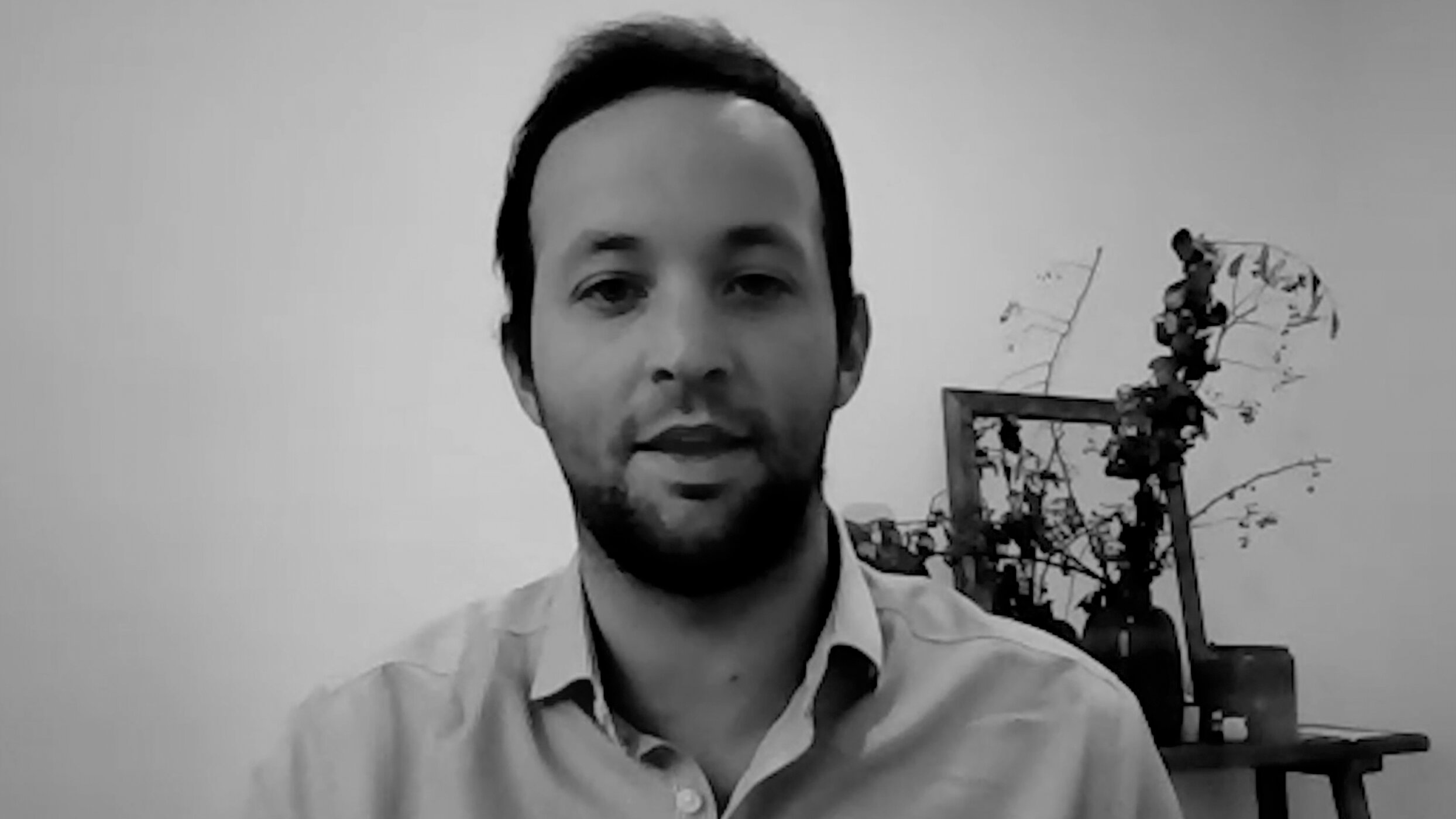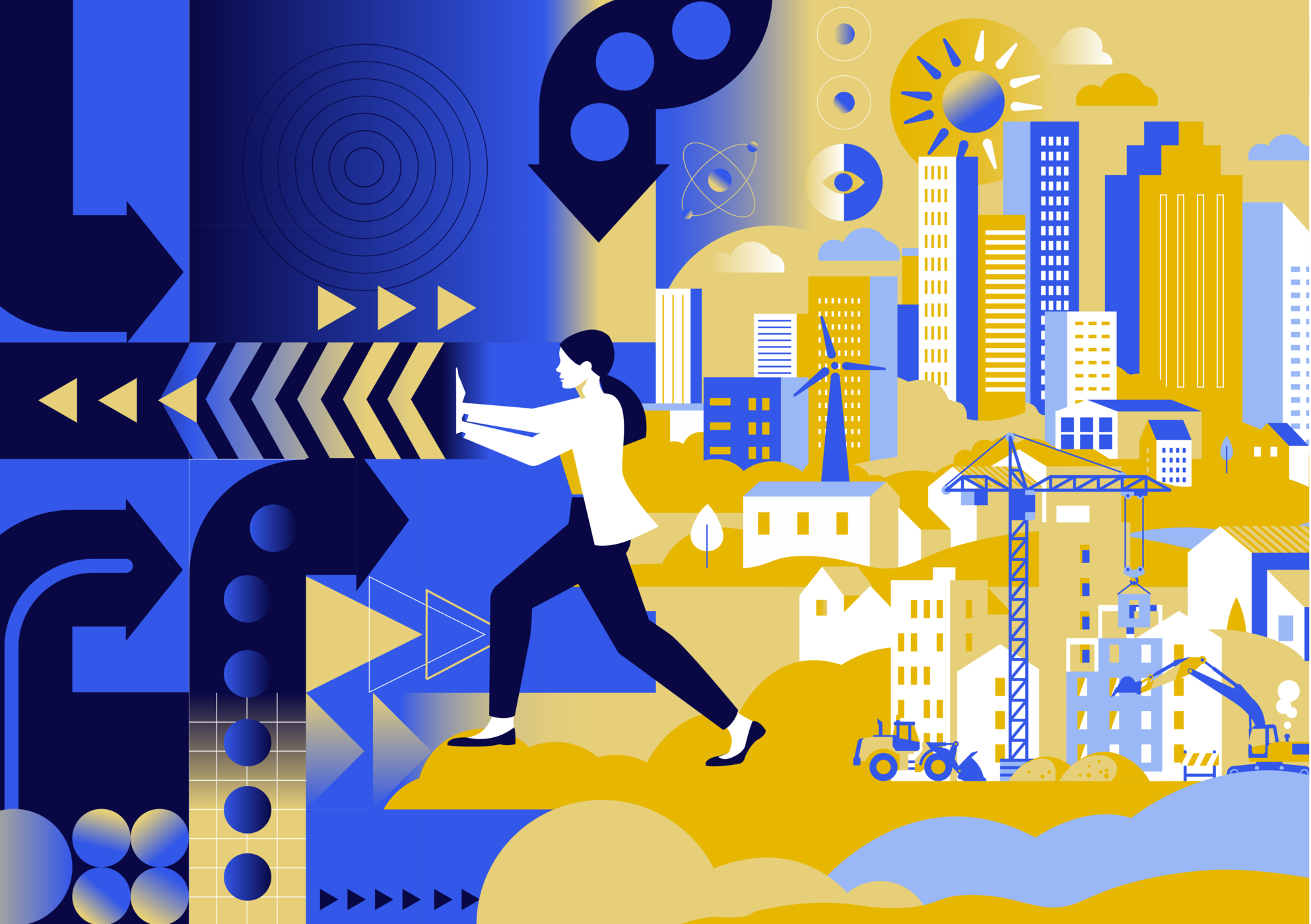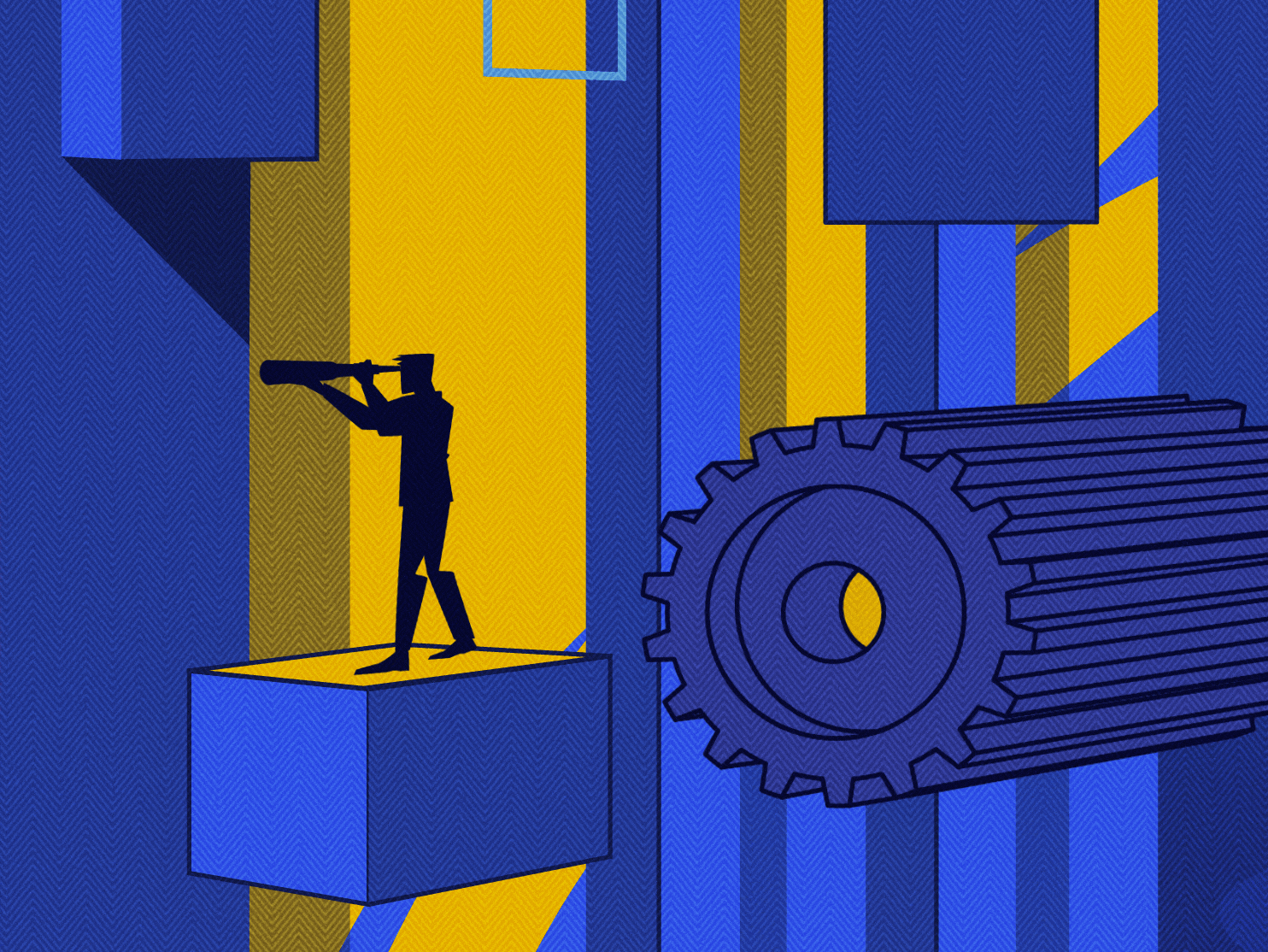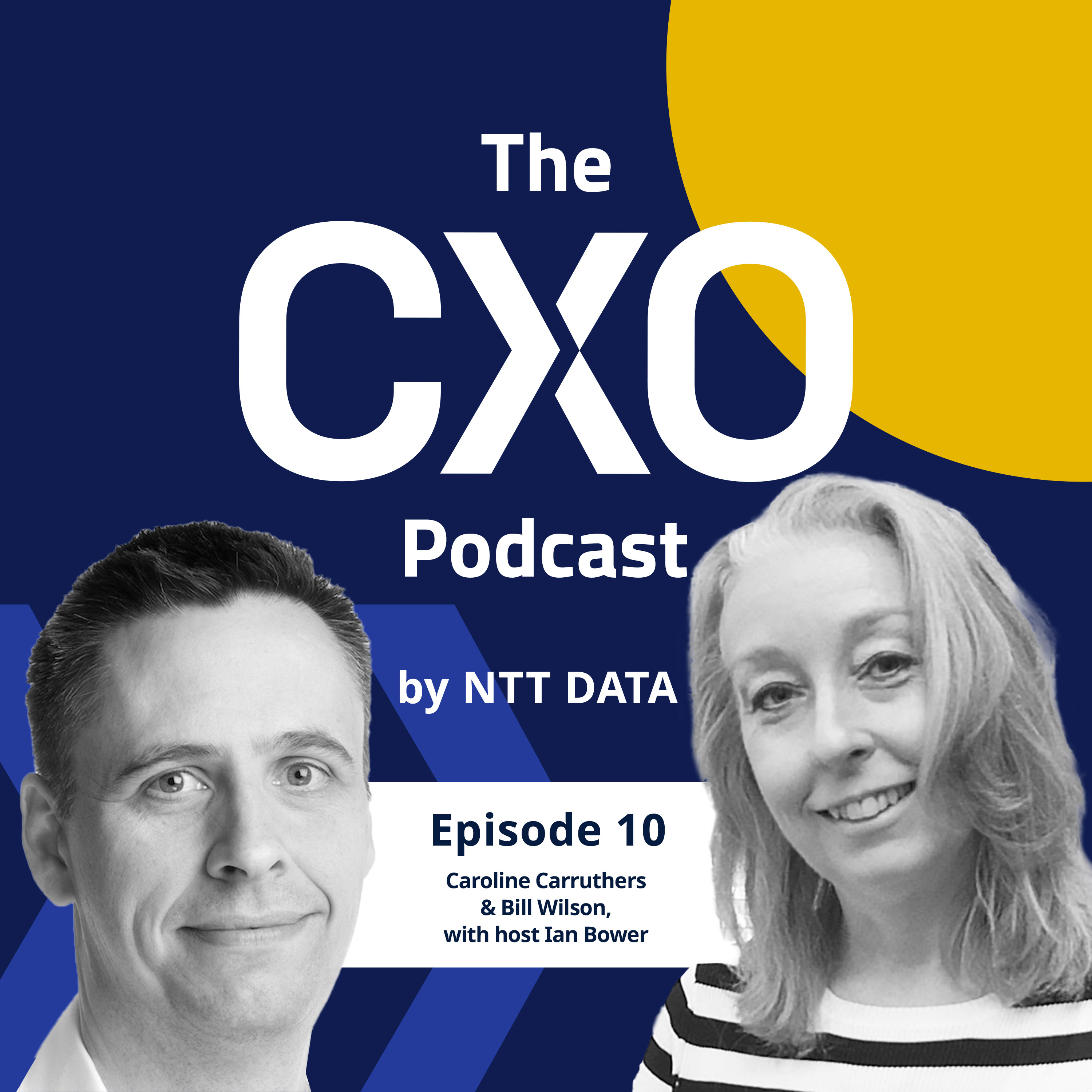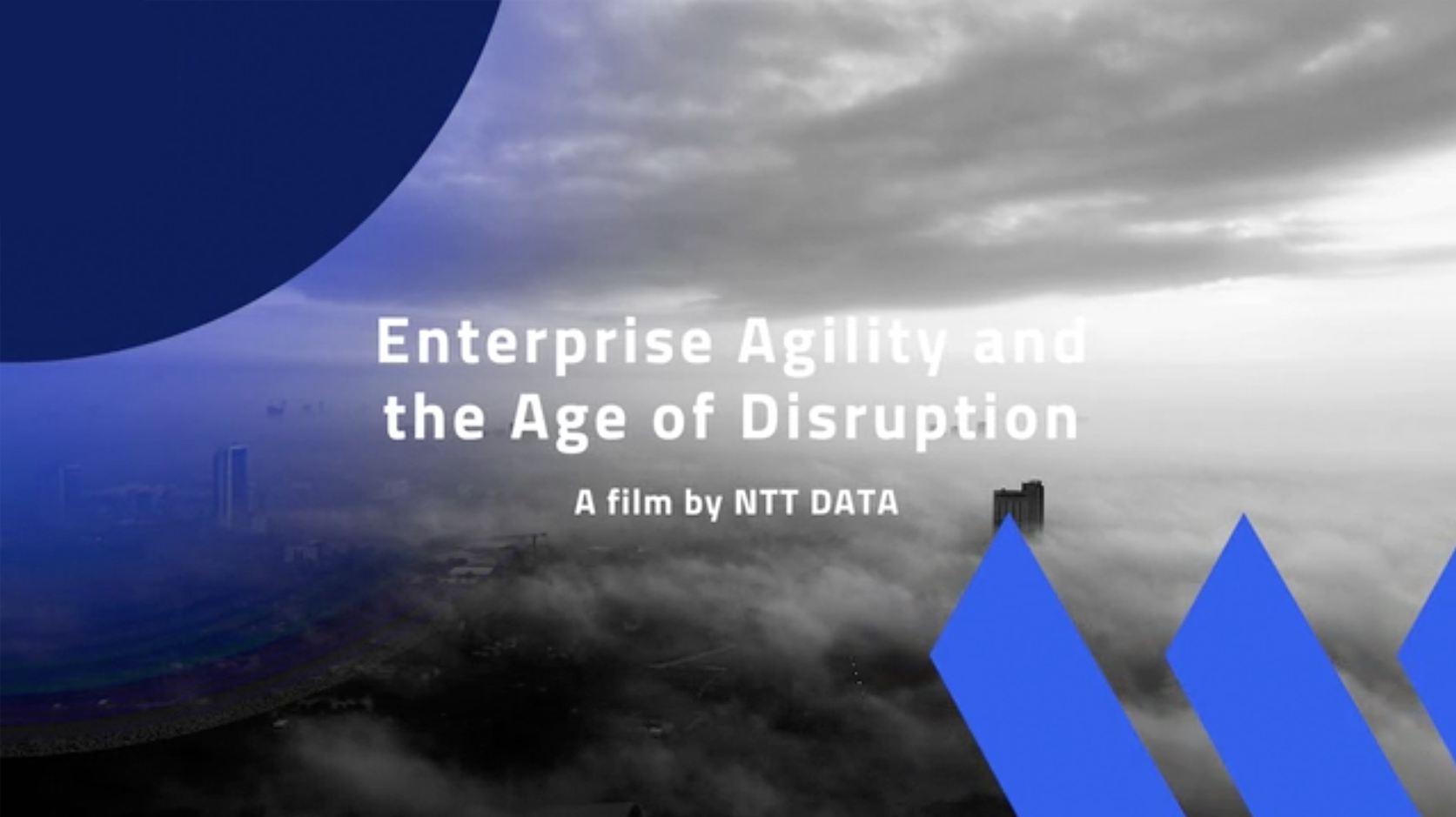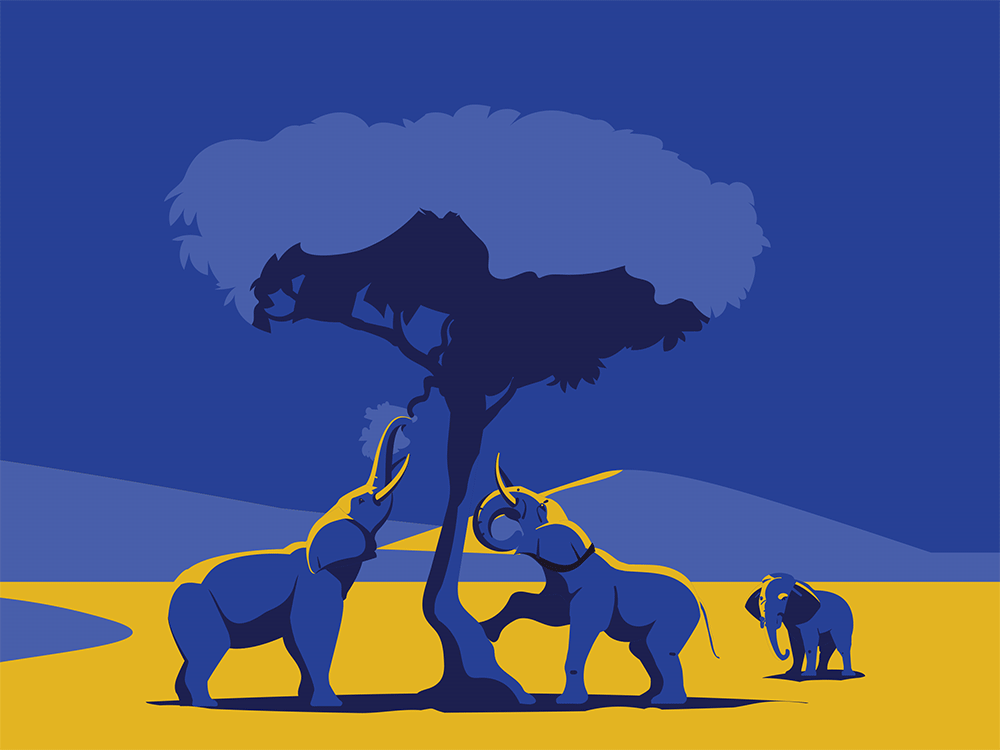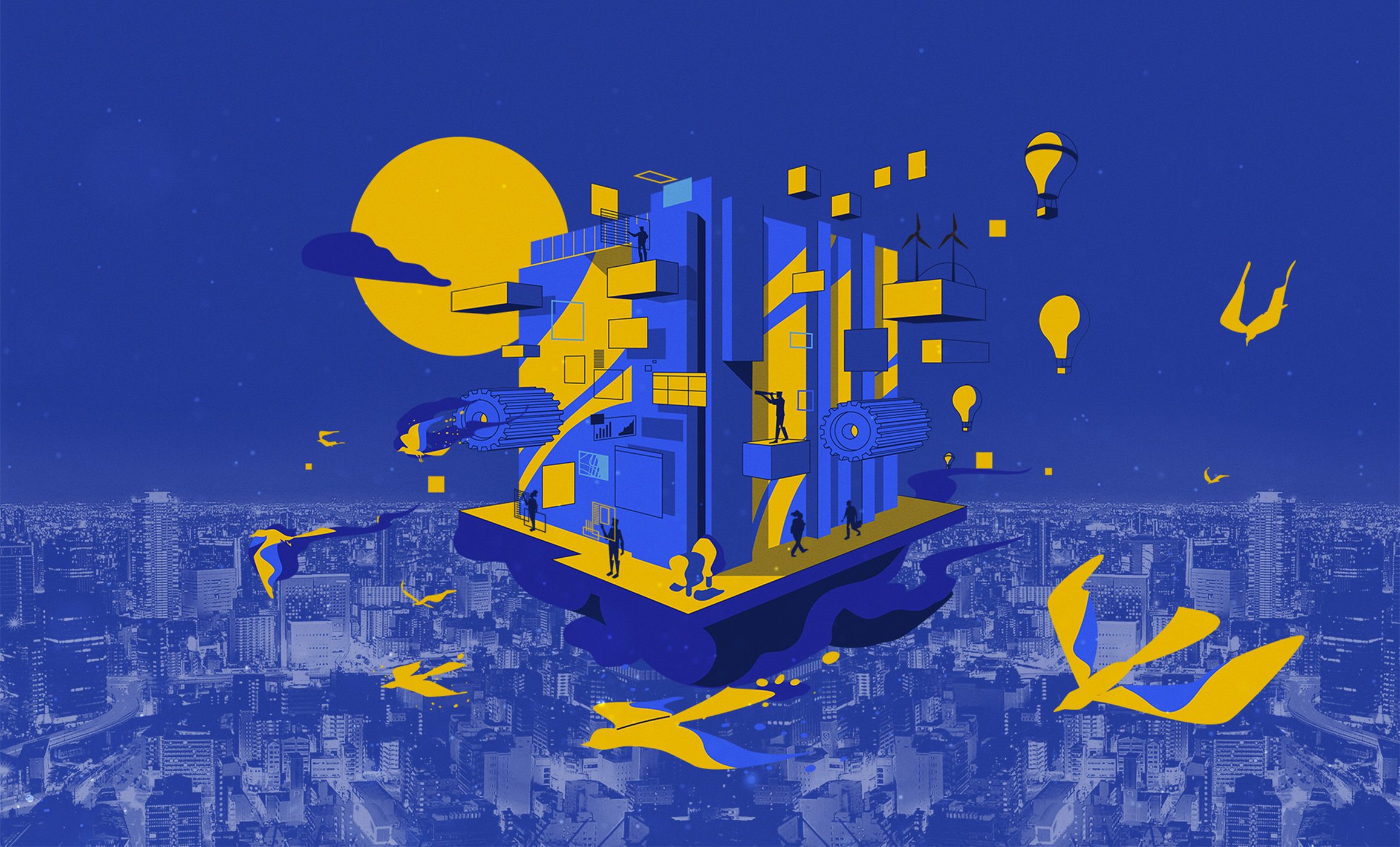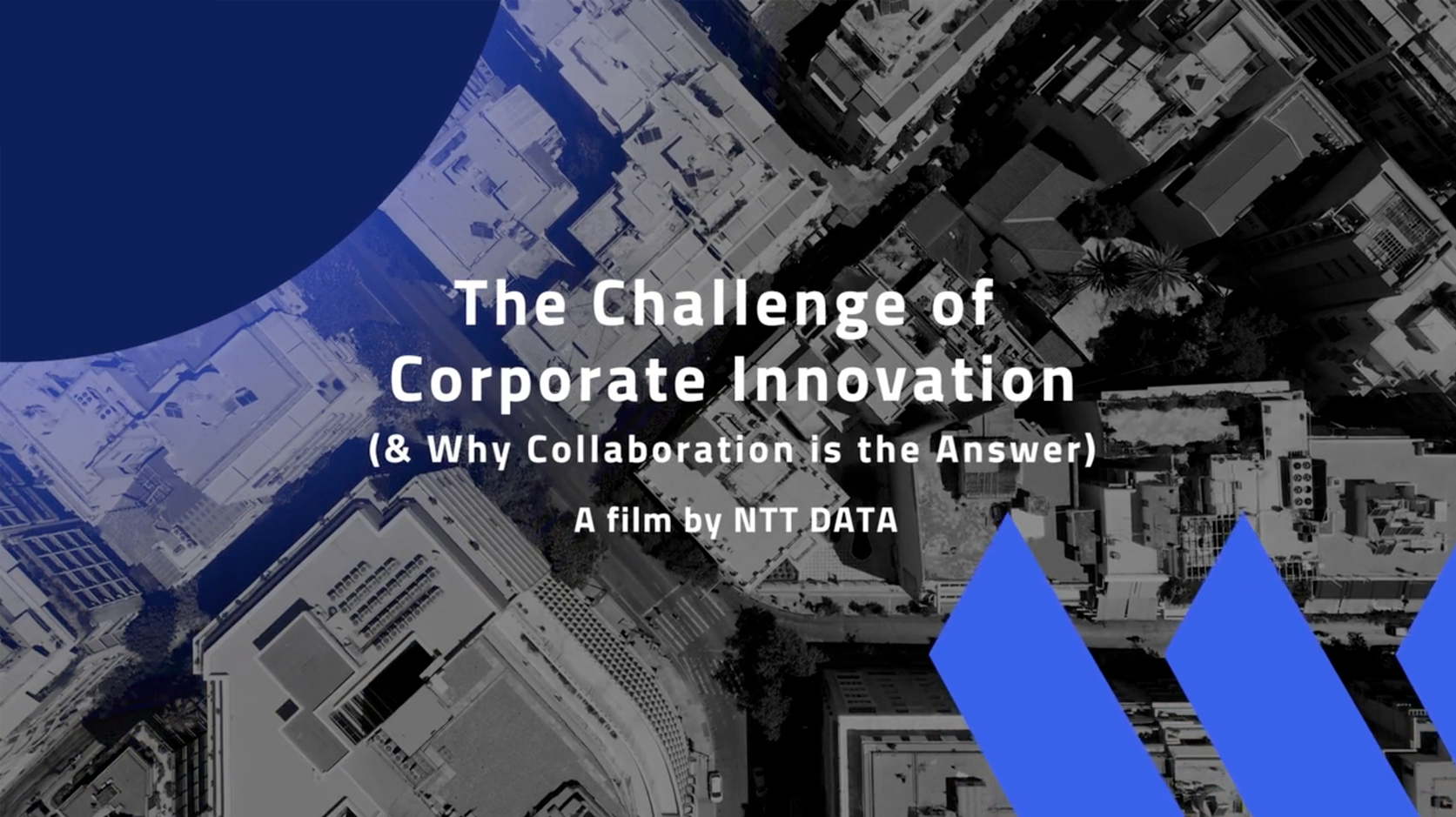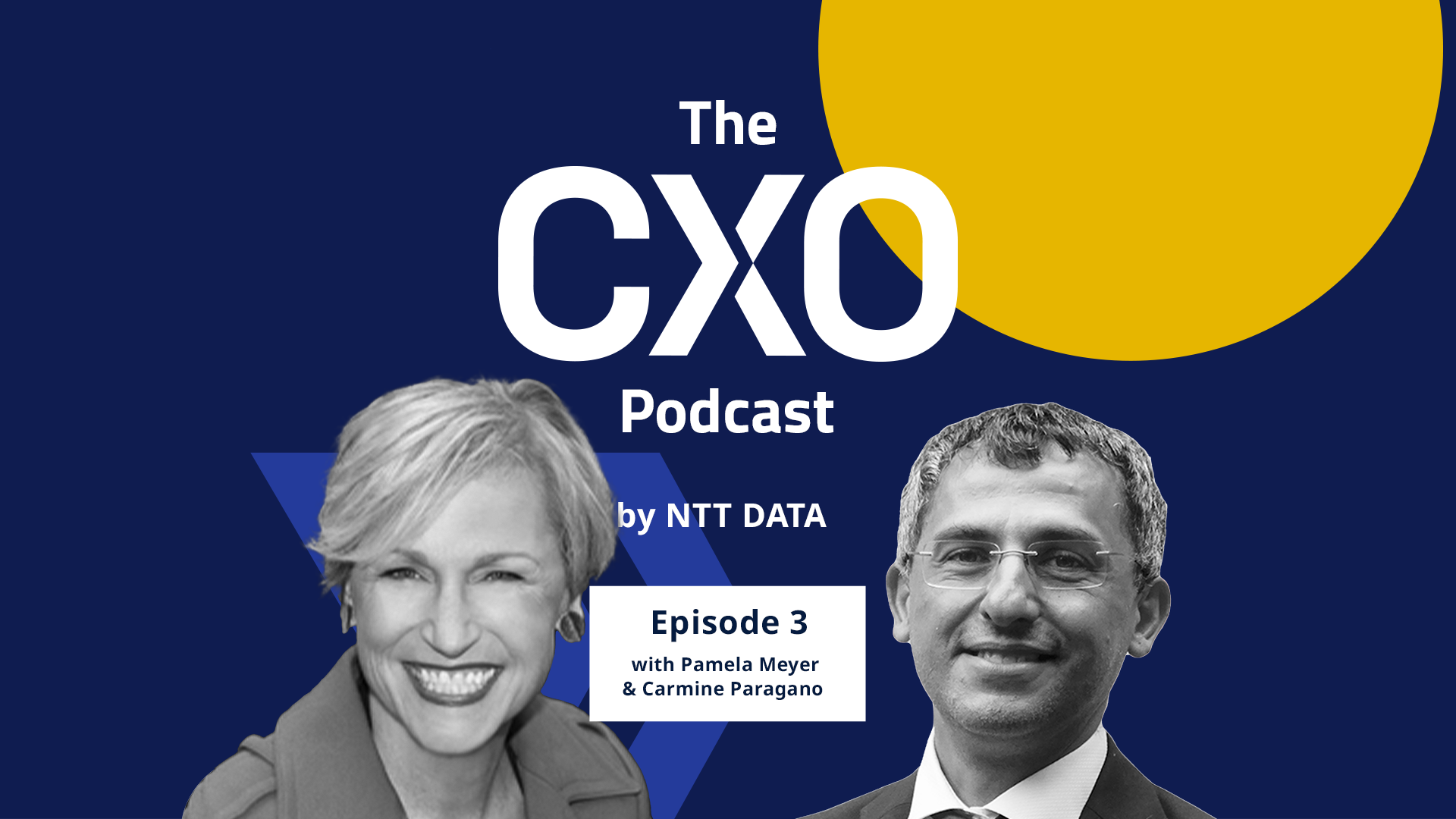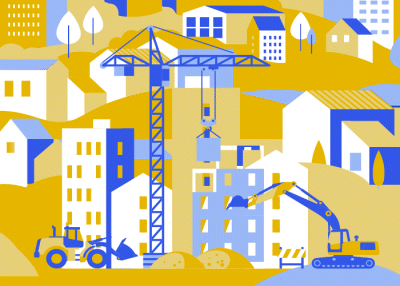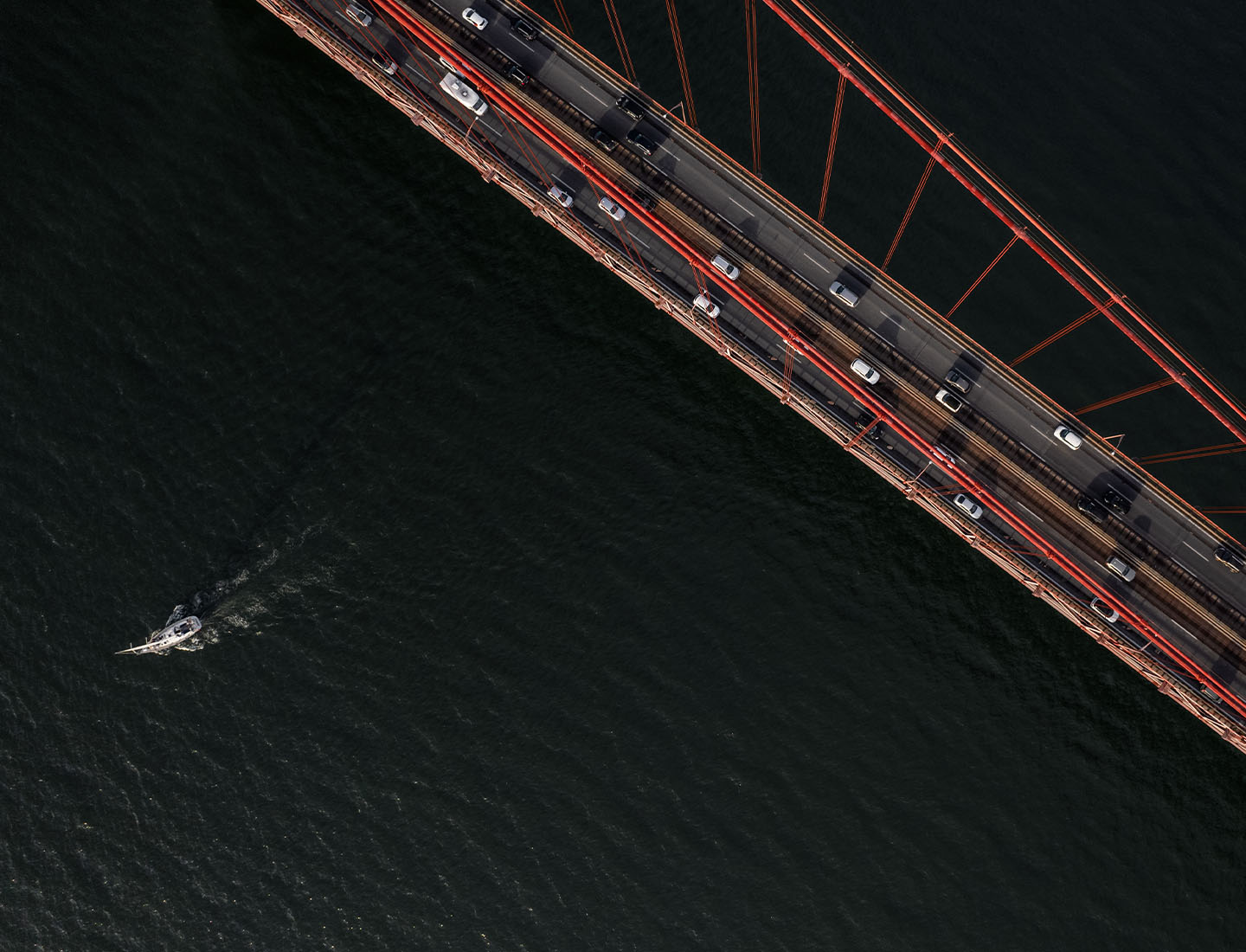
Image: MNM Zameer/Pexels
Survival in business, as in biology, cannot be achieved without the process of adaptation. To prevent the ‘Blockbuster Effect’, companies must invoke a new, systemic view of the business landscape, especially during this time of uncertainty.
The search for the elusive ‘new normal’ is futile, merely a retrograde step towards restoring a status quo that was showing signs of wear across the planet. What’s even worse is trying to lift old structures and place them directly on top of new world conditions – for instance, transplanting the office to the home; conversations straight to video; or dumping training onto an intranet portal.
Radical thinking through a new lens is essential; a systemic view which considers products, services and business as one interconnected space.
In the new system, products are not merely accomplishing isolated tasks, but enabling entirely new services and revenue streams.
The ‘adaptive status quo’ mindset
Human capital is essential for growth, and the systemic view sees an ecosystem of users; both customers and employees who have a set of unique and universal needs that we must fill.
The way to build this capital is to focus on creating an Adaptive Status Quo mindset within our workforce, so that we can act together to meet the challenges that the future presents.
Yesterday’s sole focus on user experience in design is changing. Viewing our role as designers under a systemic lens moves the criteria from a customer focus to incorporate the entire ecosystem.
The mindset builds on a set of fundamental human needs that are at once social (in the way that we interact), spiritual (in the way we take on ideas and beliefs) and emotional (in the way that we process the world around us).
Valuable engagement happens at the intersection of these elements of human nature, and here we can build an adaptive status quo – which will allow business and technology to thrive, and individuals to grow, with the ability to innovate rapidly.
To create an adaptive status quo mindset, a focus on building soft skills is essential.
Listening – understanding people’s behavioural evolutions, a critical aspect of the economy of uncertainty.
Prioritising inclusion – capitalising on the power of thought and action diversity with full workforce participation.
Systemic view – visualising the interconnected nature of the world.
Agility – adapting a capability to launch, test, and iterate quickly.
Foresight – intercepting emerging ecosystems and technology to experiment.
Agility is critical
Crises tend to accelerate pre-existing economic trends and speed up the adoption rate, such as we have seen with digital payments during the pandemic. Building fast adoption principles – ideate, user-test and iterate cycles – can expedite access to new markets.
Growing an adaptable status quo mindset alongside understanding the emerging markets and technology is the key to running a profitable business in a time of uncertainty.
Consider the exponential growth of these, for example:
The micro-mobility market is predicted to grow to $200-300bn by 2030.
Remote patient monitoring and care market is due to grow by 8.76% in the next ten years.
The ‘Local Economy’ marketplace and growth of in-home consumption and last-mile delivery.
Designing great experiences is no longer enough – they must be responsible too
Yesterday’s sole focus on user experience in design is changing. Viewing our role as designers under a systemic lens moves the criteria from a customer focus to incorporate the entire ecosystem.
Environmental and economic disparities are, in part, the consequences of past design choices. Fossil fuelled transport options, for example, were created to solve the problem of taking people from one place to another, but the environmental consequences were not considered.
As leaders, we must focus on applying a systemic, holistic viewpoint to the creation of new products, one which considers their impact over the long term on people and society. This represents a unique opportunity to take a leading role in the new ‘renaissance of humanity’, operating with a systemic vantage point to shape a new and better standard for all.
Design responsibility goes beyond the design of unique experiences that focus only on the present: designing with just the users in mind is not enough to guarantee a positive impact on society.
Keep your employees front of mind
Our adaptive status quo mindset must extend to our employee experience. No longer should we aim to control their time and limit their capability to within the scope of their tasks.
Understanding the emotional landscape and how this will naturally shift during a time of turmoil is critical to the survival of firms in the new, post-Covid-19 era.
One way to treat our employees as users is to implement a design process, or toolkit, to ensure that the core elements of employee experience – culture, spaces and tools – are available for all. At every rung of the hierarchy, the principles of accessibility must be applied. We must strive to ensure there are no economic, cognitive, physical or cultural barriers to inclusion.
The uncertainty economy
I believe we can survive and thrive in the current economy of uncertainty by living by the principles of an adaptive status quo mindset. To do this, invest in your workforce through soft skill human capital development. Capitalise on an adaptable mindset to allow for rapid product design, fast adoption and profitability; and consider all agents in the business as users. As a responsible leader, be conscious of the impact of your products, services and business over time – will they benefit society? By adopting a systemic view – appreciating the interconnected nature of social groups, our environment and industry – we can redefine our products, our services and even the very fabric of our company culture.




